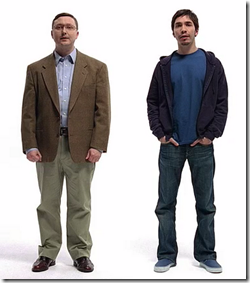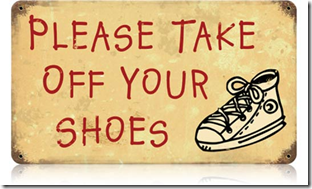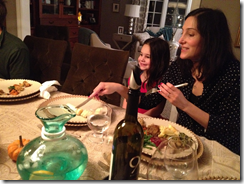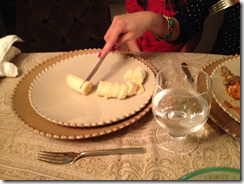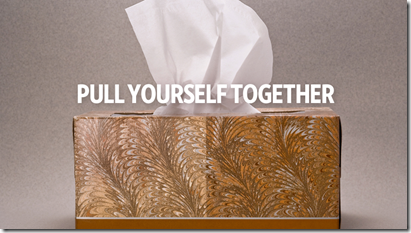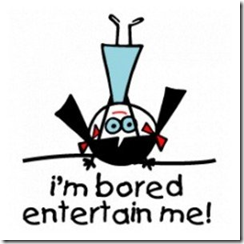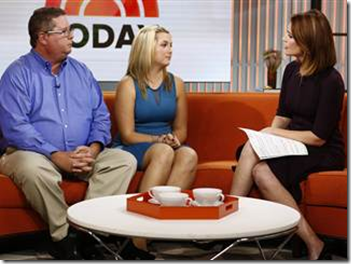The possible closing of a school is hard enough already. Compassion and sensitivity should be the order of the day.
/For the last four years, my daughter has been a student at Noah’s Ark, Temple Beth Israel’s daycare and nursery school. In that time, our family has come to respect and adore the teachers who have taken such great care of our child and taught her so much. Noah’s Ark was the place where my daughter first spread her wings, made new friends without the help of her parents and learned to stand on her own two feet.
She loves her school with all her heart.
I have attended holiday services at the synagogue with my family. My daughter participates in Shabbat every Friday with the rabbis, who our family have also grown to love and respect.
In June, our daughter will leave Noah’s Ark to begin kindergarten. Even so, news that the school may close doesn’t upset us any less. Over the past four years, we have grown to care deeply about the teachers, administrators and children who spend their days in a place that has become a second home to my child.
In the end, finances may doom the school that we have grown to love. While I don’t pretend to understand the budgetary issues, I understand that businesses cannot be run at a loss forever. Perhaps something can be done. I hope so.
But here’s the thing:
Knowing that the possible closing of a school can be a difficult and painful process, involving children, parents, alumni and teachers, means that extraordinary sensitivity and compassion should be exercised at all times. But what Noah’s Ark task force member April Haskell said last Thursday night while addressing parents who gathered in hopes of saving their school was anything but compassionate.
Hartford Courant reporter Julie Stagis reported that Haskell told parents that “losing child care is something that ‘happens in life’ and that she didn't ‘stamp her feet’ when babysitters unexpectedly quit when her son was young.”
To compare trained and skilled educators with years (and in some cases decades) of experience to babysitters is wrong.
To compare the efforts of parents who want to save a school to stamping their feet is wrong.
To suggest that the loss of childcare is something that happens in life, akin to flat tires and spoiled fruit, demonstrates a lack of empathy and understanding.
These remarks come on the heels of President Claire Feldman’s letter to Noah’s Ark parents informing them that the synagogue could no longer afford to subsidize the school. Feldman explained that a task force had been formed, initially absent any parent, teacher or school administrator, that would decide the fate of the school in two weeks.
There are families who have sent their children to Noah’s Ark for ten years. There are children like my daughter who have spent most of their lives as students of the school. There are teachers who have spent 25 years teaching in Noah’s Ark classrooms.
The task force plans on spending all of 15 days deciding their fate.
This does not strike me as a sincere attempt to save the school.
Closing the school midyear also means that parents have missed preschool application deadlines and will struggle to find a new place for their children. It means that teachers will have a considerably more difficult time finding other teaching positions.
Had this task force been formed six months ago, perhaps warning could have been given and real solutions could have been explored.
Honestly, how many real solutions can be explored in two weeks?
Moving forward, the leaders of Temple Beth Israel would be wise to demonstrate greater compassion and respect for the parents and teachers who have devoted years, and in some cases, decades, to this institution. Public relations matter.
If Noah’s Ark must close, and I sincerely hope it does not, there is no reason to besmirch the reputation of this vibrant synagogue with thoughtless comments and a process that seems less than genuine.



